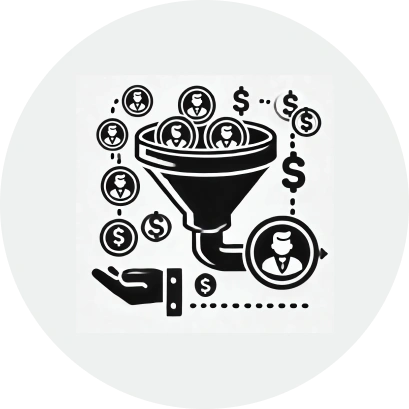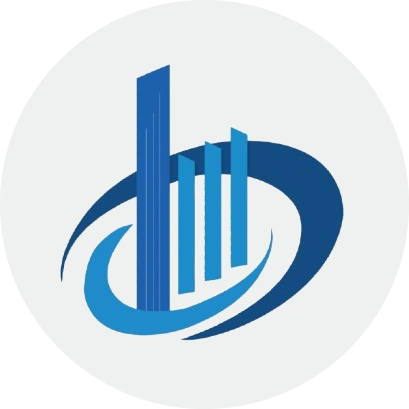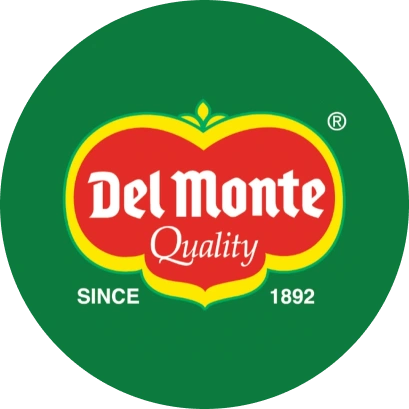In the competitive world of digital marketing, businesses are constantly seeking ways to gain visibility
and attract their target audience. Pay Per Click (PPC) advertising has emerged as one of the most
effective and measurable ways to achieve this. Unlike organic marketing strategies that can take time to
deliver results, PPC campaigns offer immediate visibility and the opportunity to drive targeted traffic
to your website.
PPC is a digital advertising model in which advertisers pay a fee each time their ad is clicked. This
method allows businesses to effectively “buy” visits to their site rather than relying solely on organic
search engine rankings. Platforms like Google Ads, Bing Ads, Facebook Ads, and LinkedIn Ads provide a
variety of options to create and manage PPC campaigns. From promoting products to increasing brand
awareness, PPC offers a versatile solution for businesses of all sizes.
What is Pay Per Click (PPC) Marketing?
PPC marketing is based on an auction-driven system where advertisers compete for ad placements based
on keywords, audience targeting, and bidding strategies. For example, when users search for specific
terms on Google, PPC search ads may appear at the top of the search engine result pages (SERPs),
making them highly visible to potential customers. These ads are labeled as "sponsored" or "ad" to
differentiate them from organic results.
Businesses only pay when users click on their ads, making PPC a cost-effective strategy for acquiring
leads, generating sales, and driving website traffic. The success of a PPC campaign depends on various
factors, including keyword relevance, ad quality, landing page experience, and bid competitiveness.
Importance of PPC Marketing
PPC advertising plays a crucial role in digital marketing strategies for several reasons. Unlike traditional marketing methods, PPC provides measurable data and immediate visibility, making it easier for businesses to track performance and optimize their campaigns in real-time. Here are the key reasons why PPC marketing is important:

1. Immediate Results
PPC delivers instant traffic, ideal for promotions and launches.

2. Precise Targeting
Ads reach specific audiences based on demographics and behavior.

3. Cost Control and Flexibility
Set budgets, adjust campaigns, and optimize spending anytime.

4. High Return on Investment (ROI)
Targeted ads maximize returns with trackable performance.

5. Measurable Performance
Every click and conversion is tracked for optimization.
Types of PPC Ads
PPC advertising encompasses a variety of ad formats designed to reach users across different platforms and stages of the buying journey. The choice of ad type depends on the business’s goals and target audience.
Search ads are text-based advertisements that appear on search engine result pages (SERPs) when users search for specific keywords. These ads are triggered by keyword queries and typically appear at the top or bottom of search results.
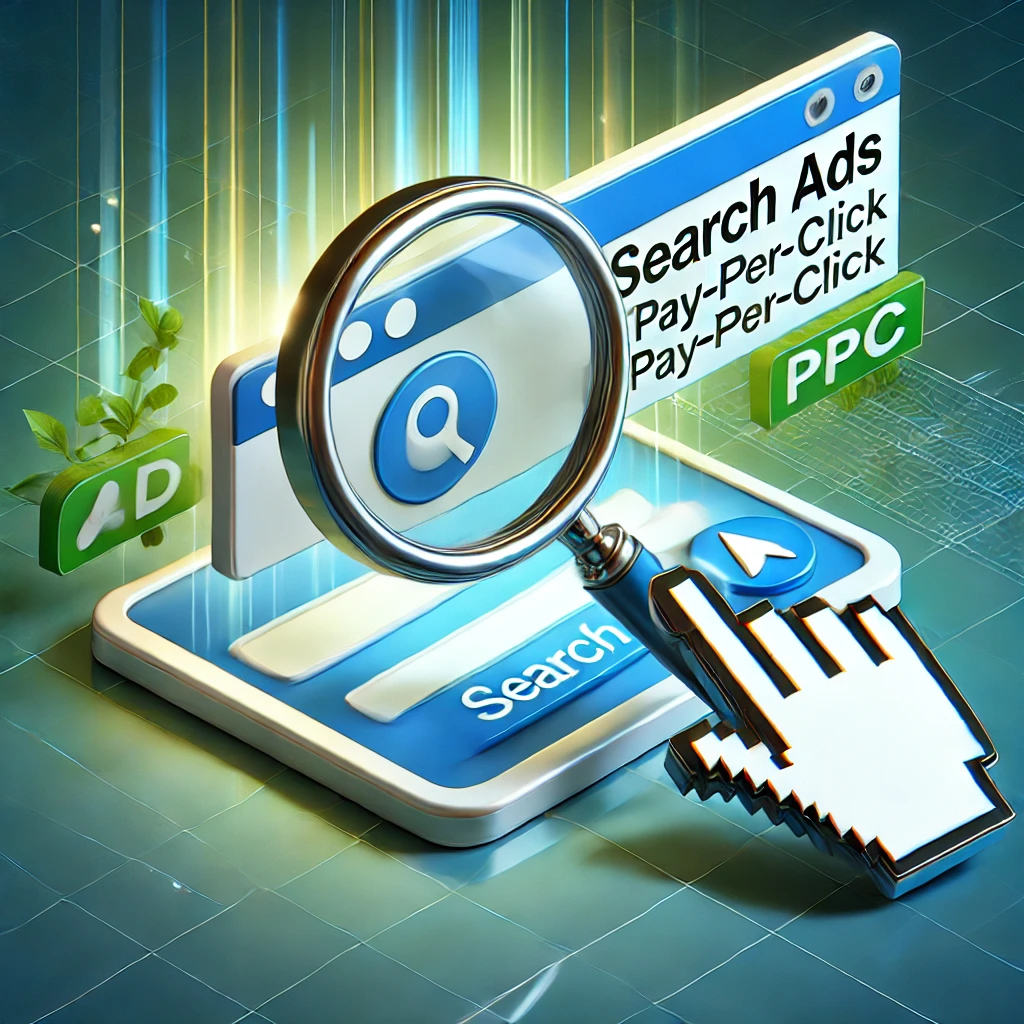
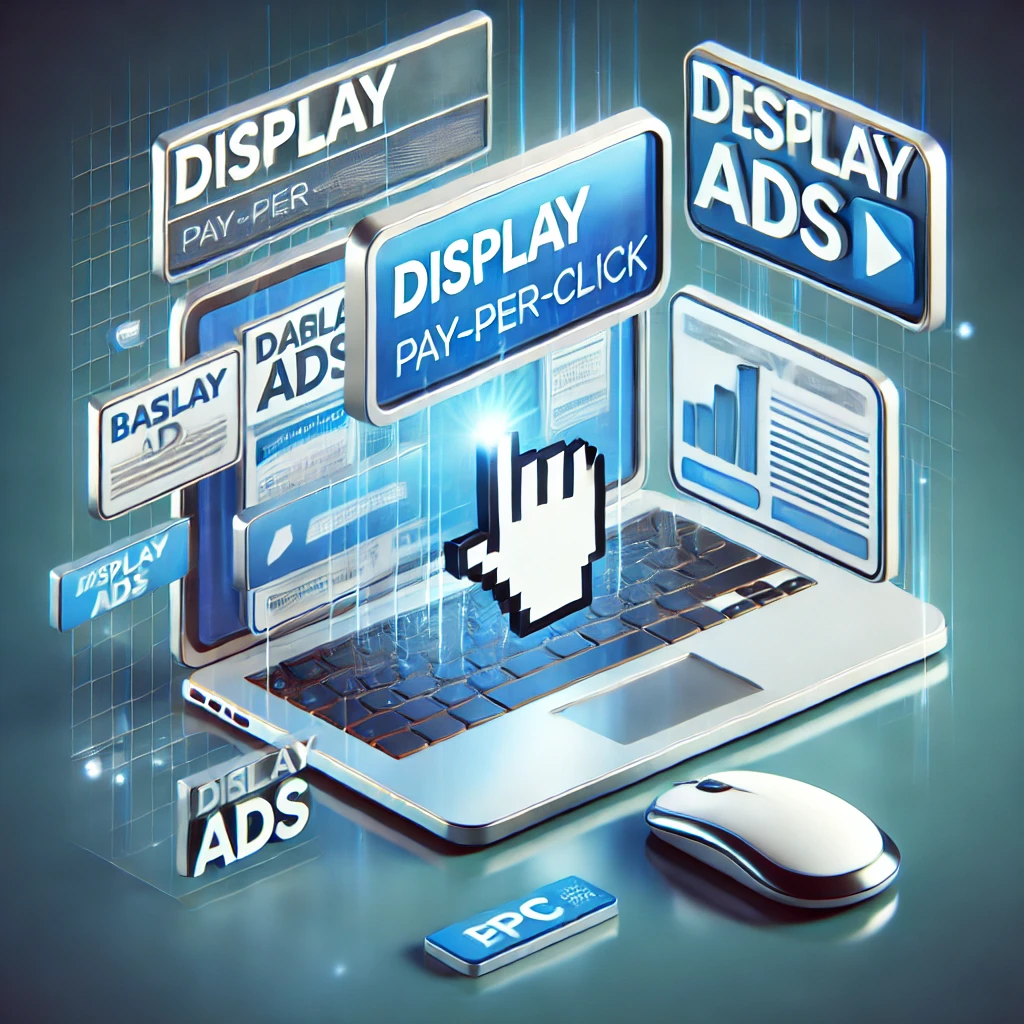
Display ads are visual advertisements that appear on websites within the Google Display Network or other ad networks. These ads can include images, banners, and rich media to capture users' attention.
Shopping ads showcase product images, prices, and descriptions directly in search results. These ads are particularly useful for e-commerce businesses.
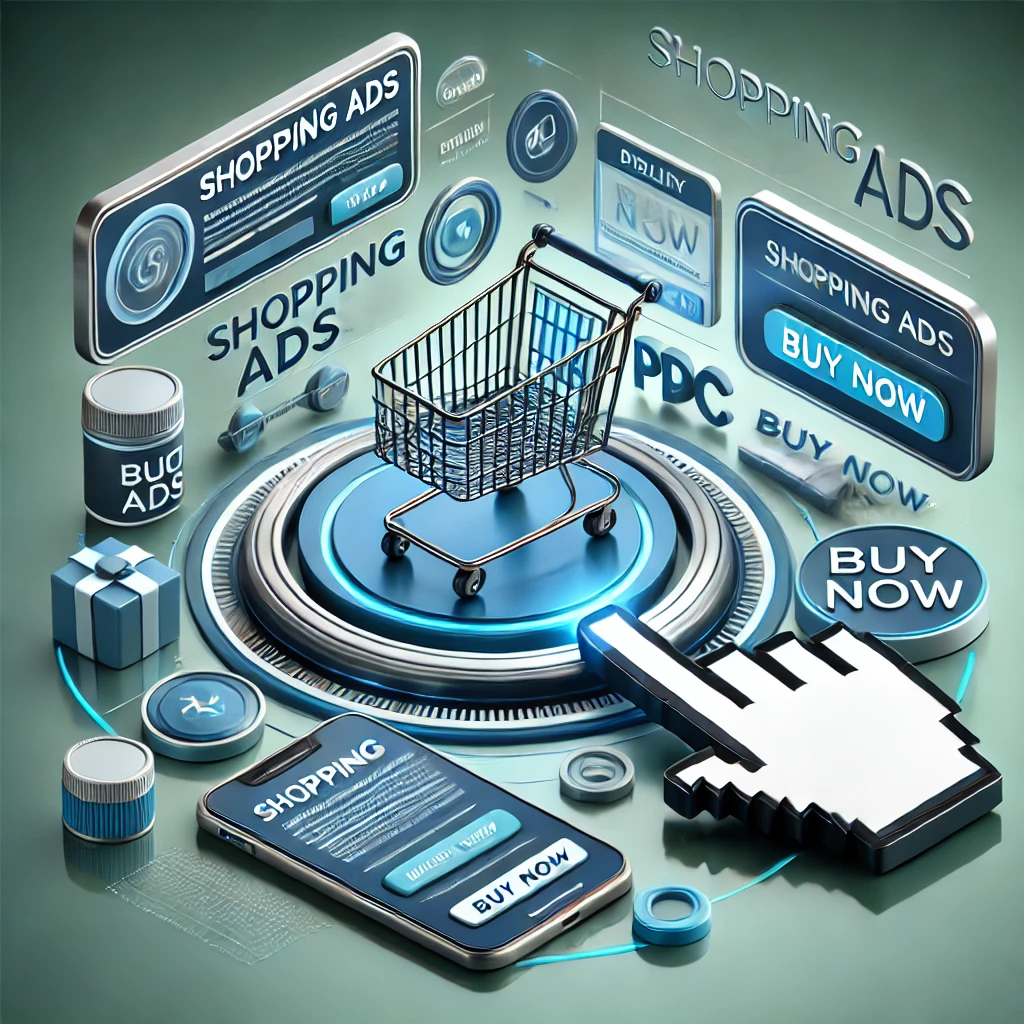
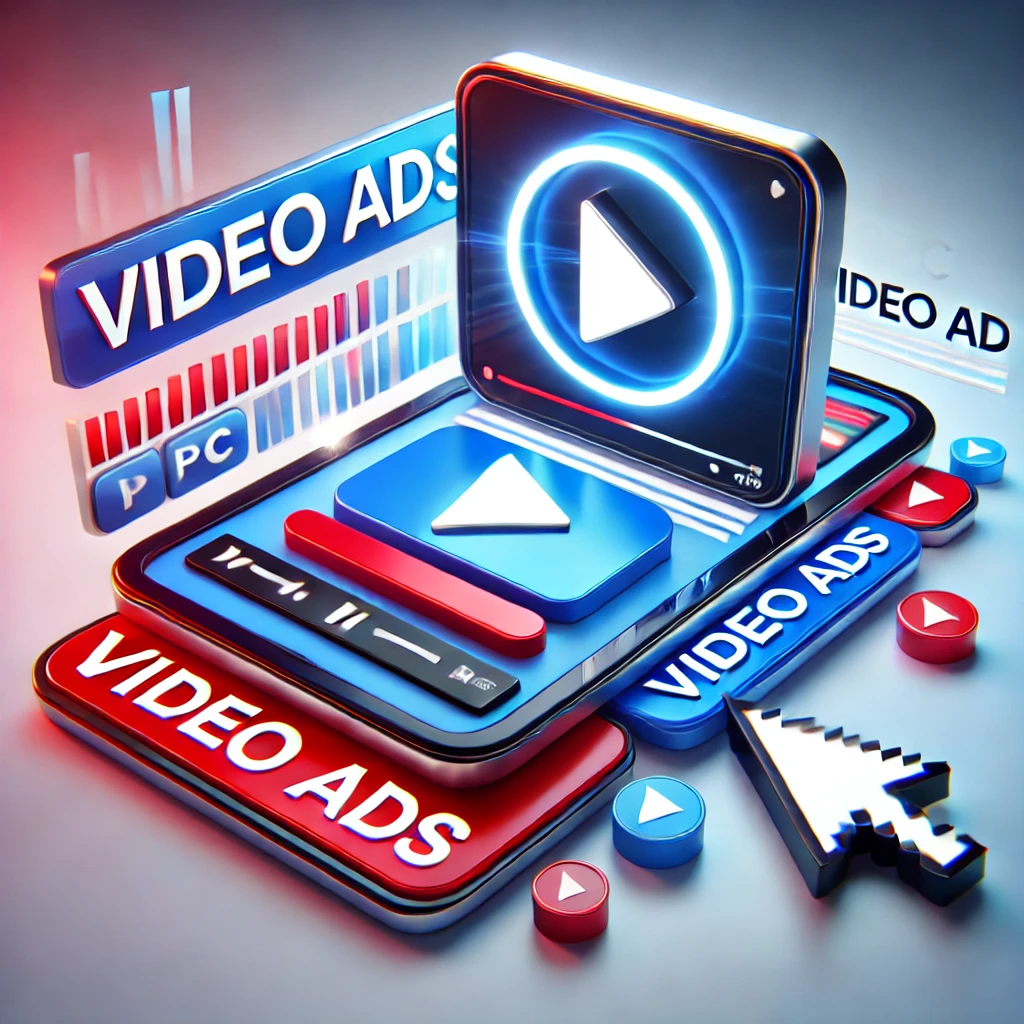
Video ads are promoted on platforms such as YouTube and social media channels. These ads can appear before, during, or after video content and can be skippable or non-skippable. Benefits:
Social media platforms like Facebook, Instagram, LinkedIn, and Twitter offer PPC ad formats that appear within users’ feeds, stories, or message inboxes.
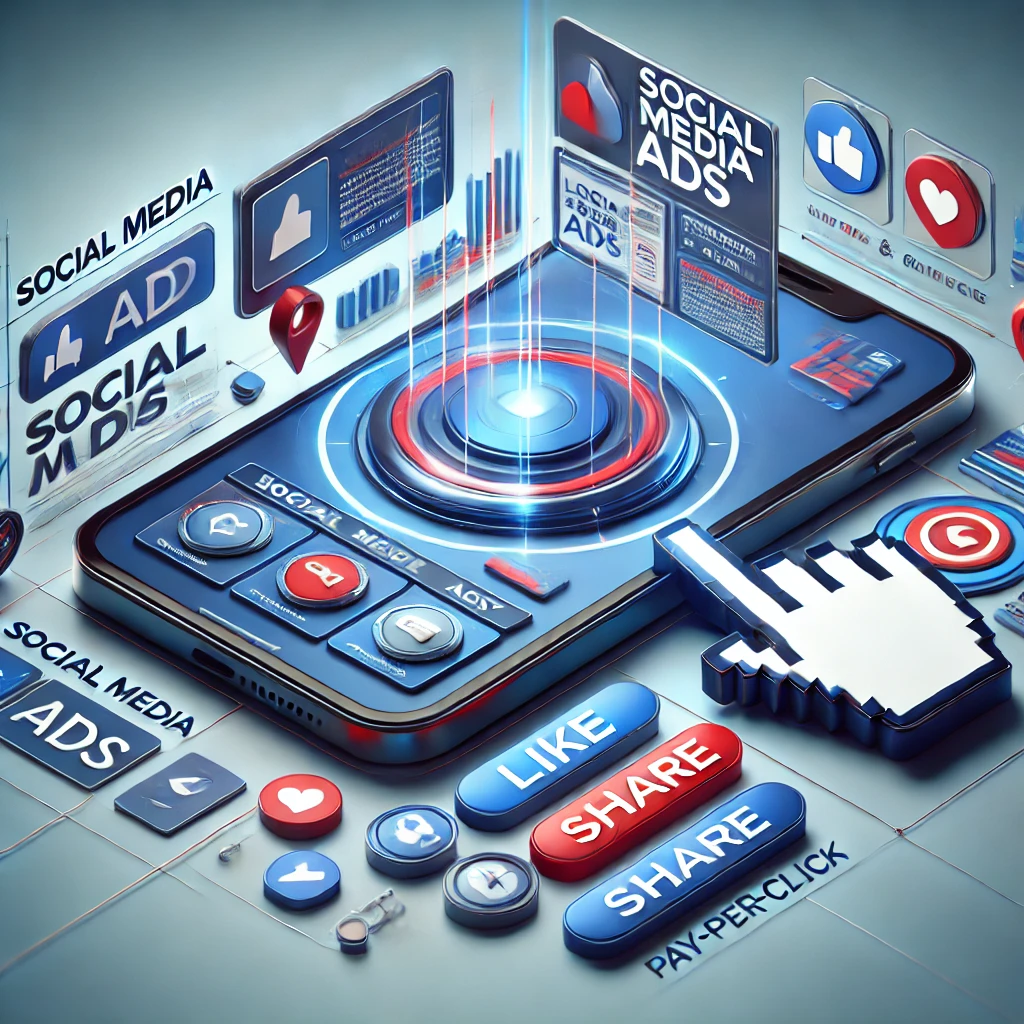
Key Elements of a Successful PPC Campaign
Creating a successful PPC campaign requires a combination of research, strategy, and continuous optimization. Below are the key elements that contribute to campaign success:
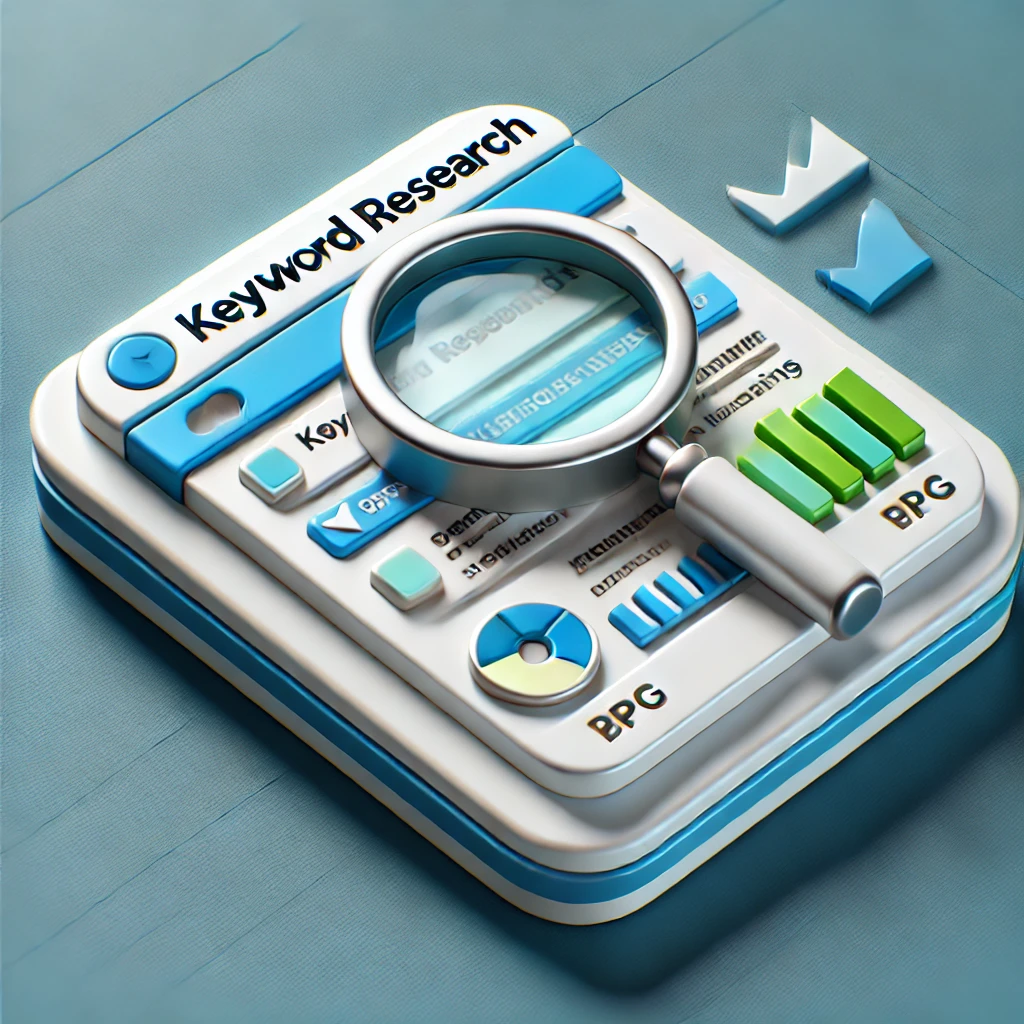
1. Keyword Research
Identify high-converting keywords using tools like Google Keyword Planner and SEMrush.
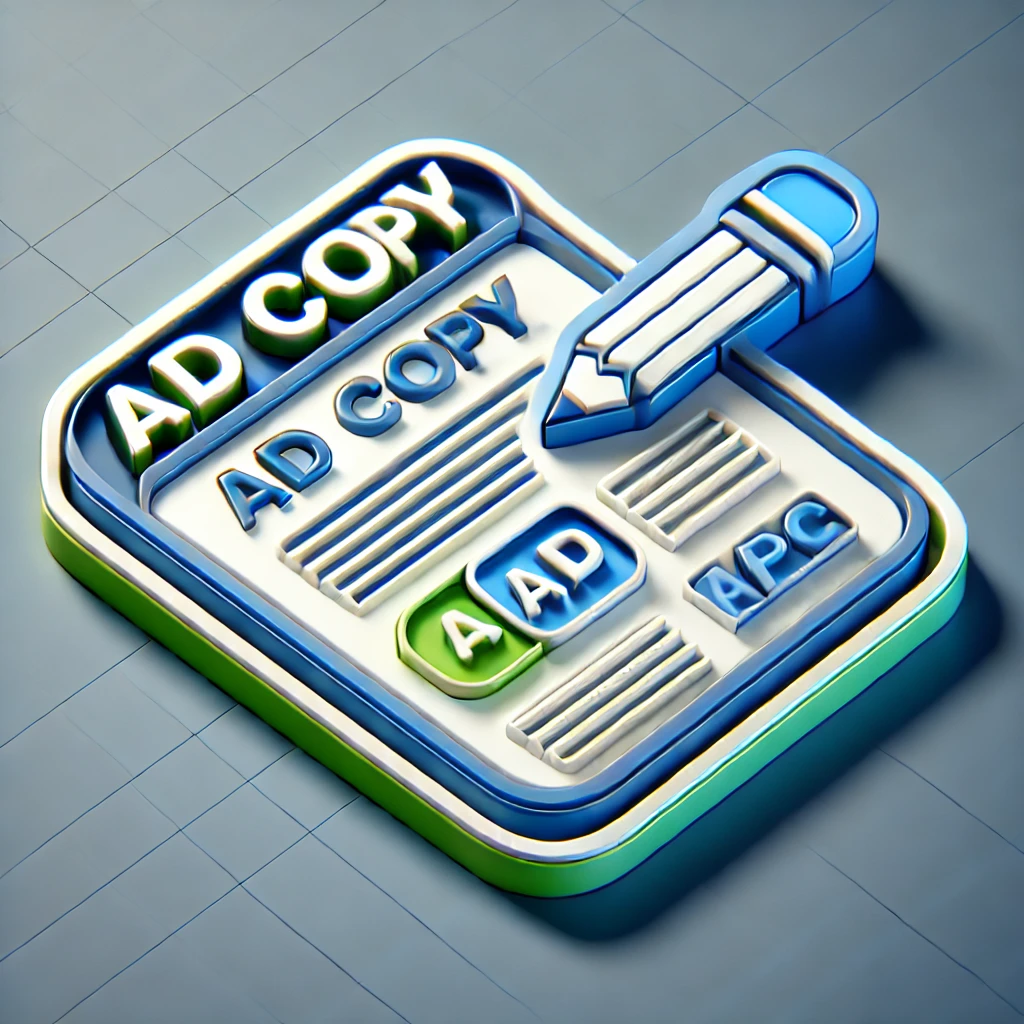
2. Ad Copy
Create compelling headlines, persuasive CTAs, and relevant content to boost clicks.

3. Landing Pages
Optimize pages with clear CTAs and valuable content to improve conversions.

4. Budget Management
Monitor spend, adjust bids, and optimize for profitable performance.
5. Analytics & Tracking
Use tools like Google Analytics to track CTR, CPC, and conversions.
PPC Strategy Development
Developing a solid PPC strategy involves several key steps to ensure that campaigns achieve their intended goals.
1. Define Objectives
Clear objectives guide the overall campaign strategy. Common PPC goals include lead generation, product sales, brand awareness, and website traffic.
2. Audience Targeting
Precise audience targeting allows advertisers to reach users who are most likely to engage with their ads. Platforms offer options to target based on location, age, gender, interests, and search behavior.
3. Create Ad Groups
Ad groups organize ads around specific keyword themes. This structure allows advertisers to create tailored ads for each group, improving ad relevance and Quality Score.
4. Launch & Monitor
Once the campaign is launched, advertisers should closely monitor performance. A/B testing different ad variations can help determine which messages resonate most with the audience.
5. Continuous Improvement
PPC campaigns require regular optimization to remain effective. Advertisers should refine bidding strategies, pause underperforming keywords, and update ad copy based on performance data.
Benefits of PPC Marketing
Investing in PPC marketing offers several advantages for businesses looking to achieve quick results and measurable growth:
- Instant Visibility: Ads appear at the top of search results, ensuring immediate exposure to potential customers.
- Precise Targeting: Advanced targeting options allow businesses to reach specific demographics and user segments.
- Scalability and Flexibility: PPC campaigns can be scaled up or adjusted based on business needs and budget.
- Data-Driven Insights: Detailed performance metrics enable continuous optimization and informed decision-making.
Pay-Per-Click (PPC) : FAQs
PPC is a form of advertising where you pay only when someone clicks on your ad. It’s an effective way to drive targeted traffic instantly.
PPC ensures quick visibility, drives high-quality traffic, and offers measurable results, making it one of the most cost-effective ways to market online.
We choose platforms like Google Ads, Bing Ads, or social media ads based on your industry, target audience, and business goals.
We optimize your campaigns through precise keyword targeting, ad placement, and performance tracking to maximize returns.
Yes, PPC allows you to target specific niches and leverage geo-targeting to compete effectively, even with smaller budgets.
We provide detailed reports on key metrics like click-through rates, conversions, and cost-per-acquisition to ensure transparency.
Definitely! With localized targeting, PPC ads can drive foot traffic and online visibility for local businesses.



